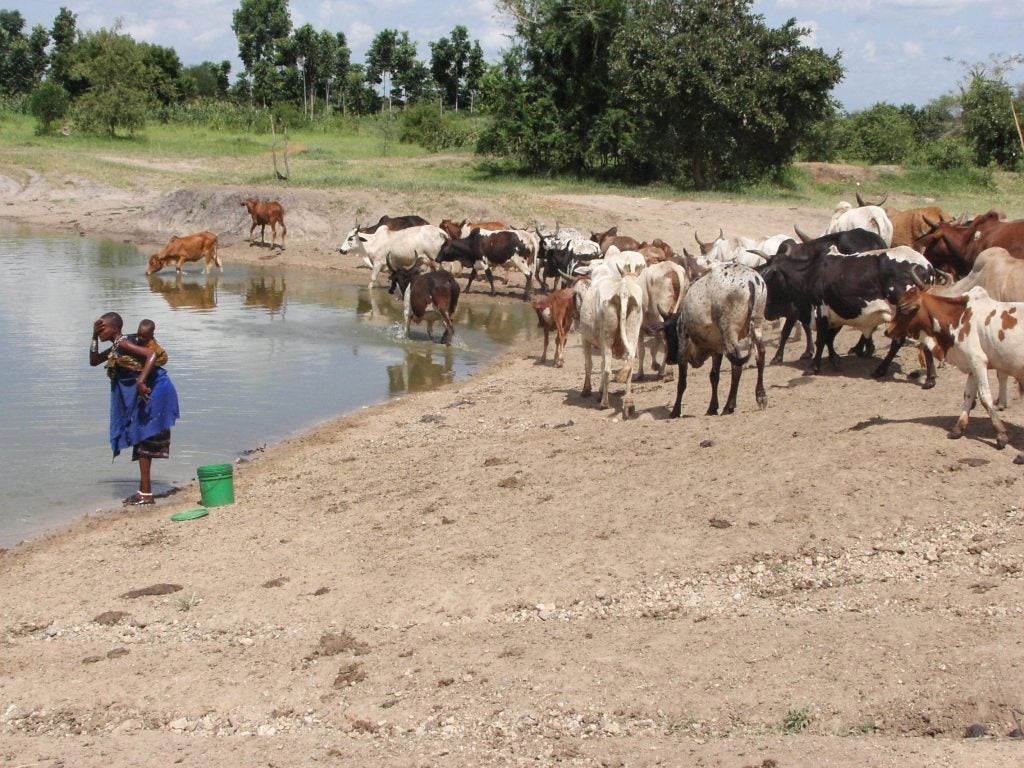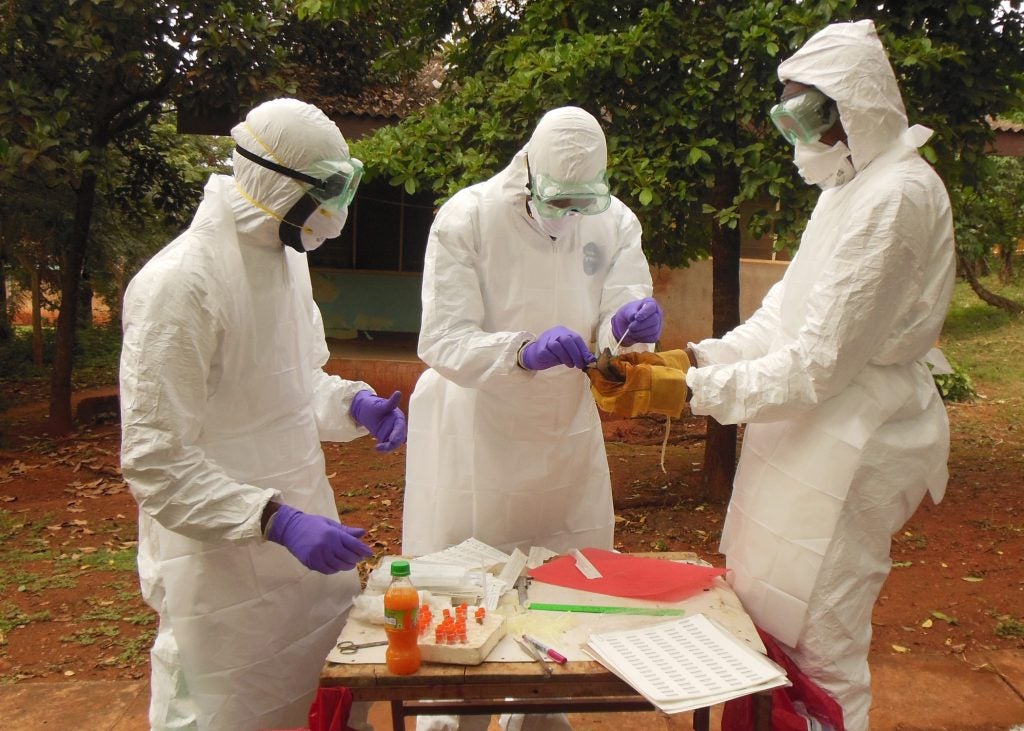“Nature is based on harmony. So it says if we want to survive and become more like nature, then we actually have to understand that it’s cooperation versus competition.” —Bruce Lipton
 Homo sapiens, the dominant species on planet Earth, has a growing impact on the natural systems that all living species depend upon to exist. The challenges we face are not all regionally defined; they involve global systems to produce safe and sustainable food sources to feed an expanded population, control and prevent infectious trans-boundary diseases, and limit the negative effects of climate change on interlinked ecosystems.
Homo sapiens, the dominant species on planet Earth, has a growing impact on the natural systems that all living species depend upon to exist. The challenges we face are not all regionally defined; they involve global systems to produce safe and sustainable food sources to feed an expanded population, control and prevent infectious trans-boundary diseases, and limit the negative effects of climate change on interlinked ecosystems.
As a result, how we cooperate across geographic, political, and cultural boundaries will determine our collective future. To educate the next generation of healthcare workers capable of addressing societal needs, our approaches to train this workforce must adapt to create professionals that bring together multiple disciplines with knowledge and skills to solve complex problems at the interface of people, animals, and the environments we share.
This past week, our School provided leadership in two significant global-leadership endeavors to address these issues. We hosted GeoVet 2019, an international conference organized around the theme of “Novel spatio-temporal approaches in the era of Big Data.” Scientists and students from 29 countries from around the world shared their research using data management systems, new statistical and modeling approaches, spatio-temporal network analysis, “big data” applications, remote sensing tools, and global information systems. This type of scientific cooperation will reverberate and is crucial to heal our ailing ecosystems and protect the health of our planet.
 Concurrently, we learned that the One Health Institute supported within the School, will be the lead institution for an $85 million award from the U.S. Agency for International Development to implement the One Health Workforce—Next Generation project. This project involves multiple consortium partners at major research universities, governmental agencies, private industries, and non-governmental organizations to build on relationships, experiences and knowledge from across the world. Teams of scientists, physicians, healthcare workers, and veterinarians will develop and deliver sustainable training programs that build the workforce capacity to prevent and rapidly respond to disease threats using a One Health approach. The program will educate a new generation of leaders who embrace collaborative thinking that promotes a systems approach to solving global problems.
Concurrently, we learned that the One Health Institute supported within the School, will be the lead institution for an $85 million award from the U.S. Agency for International Development to implement the One Health Workforce—Next Generation project. This project involves multiple consortium partners at major research universities, governmental agencies, private industries, and non-governmental organizations to build on relationships, experiences and knowledge from across the world. Teams of scientists, physicians, healthcare workers, and veterinarians will develop and deliver sustainable training programs that build the workforce capacity to prevent and rapidly respond to disease threats using a One Health approach. The program will educate a new generation of leaders who embrace collaborative thinking that promotes a systems approach to solving global problems.
We know that global conferences and the One Health approach can help unite professionals across the world to address complex problems related to human, animal and environmental health. As stewards of the planet, we must continue to seek innovative and collaborative ways to educate future generations of scientists to promote a sustainable future for all of the species on planet Earth.
